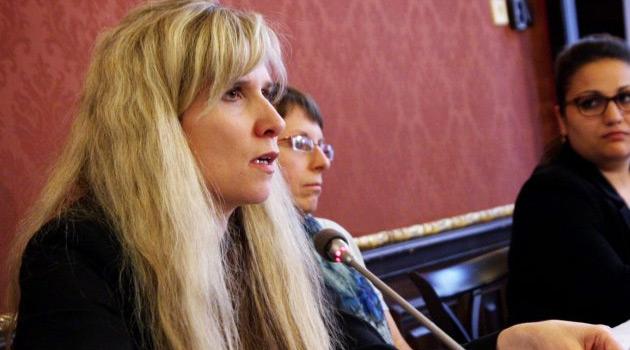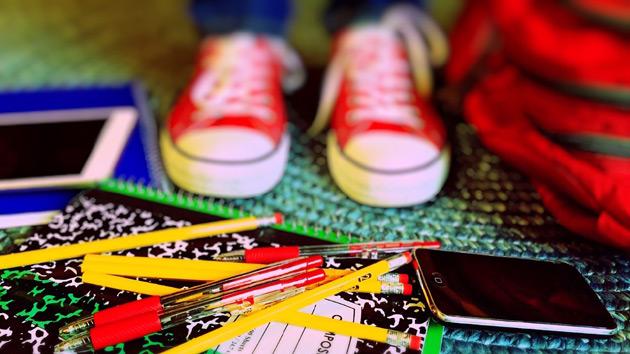Czech Education Ministry and Labor Ministry will buy school lunches for the disadvantaged next year

On 22 November 2016 the Czech Ministry of Education, Youth and Sport ((MŠMT) announced that it has allocated another CZK 30 million [EUR 1.1 million] to cover the cost of providing school lunches to socially disadvantaged children free of charge, according to a press release posted to its website. The recipients of the subsidy program for 2017 will again be nonprofit organizations who will arrange for payments for school lunches for pupils at primary schools whose parents are unable to afford them, MŠMT said.
Applicants to the program were able to file by the end of November. According to the MŠMT press release, the program has proven worthwhile and covered 890 primary schools during the first half of 2016, with more than 4 500 pupils being able to access a hot lunch because of it who could otherwise not have afforded it.
The schoolchildren who were able to eat at school as a result of this program reportedly improved in terms of attendance, concentration during instruction, and performance. MŠMT has therefore decided to continue the program and has allocated another CZK 30 million [EUR 1.1 million] for 2017.
“We must aid children who are in the so-called ‘grey zone’. The schools, for them, just like for all children, must be safe places providing fair opportunities to succeed not just at education, but also in life,” Czech Education Minister Kateřina Valachová (Czech Social Democratic Party – ČSSD) says in the press release, adding that school meals should be a component of school attendance.
“Despite the fact that school lunches are already subsidized in general now, there are still families who cannot afford to buy them. Their children have to get by without a hot school lunch. Very often this means they are attending afternoon instruction hungry, which does not contribute to their concentration or to their socialization as part of the school collective,” the minister is quoted as saying in the press release.
The children affected are reportedly mainly from single-parent households or families who have long found themselves in unfavorable financial situations but who are still not doing so badly that they would be eligible to draw on the welfare benefit for aid to those in material distress. MŠMT is currently investigating other options for expanding their support from this project to a broader target group of children.
Lunches for children endangered by poverty who attend nursery and primary schools are also paid for, according to the press release, by the Ministry of Labor and Social Affairs (MPSV) from its Operational Programme for Food and Material Aid, with a focus on children living in just four regions for now: Liberec, Prague, South Moravia and Vysočina. According to the press release, MPSV hopes other regions that have not yet joined the project will reassess their positions and that the next public tender will offer funding on their territories as well.
Two such public tenders have been previously announced. MPSV, through this support, hopes to not just provide children with healthy meals, but also to better integrate them into the collectives of their schools.
Czech daily Mladá fronta DNES reports that in Prague, approximately 700 children in nine municipal departments have been receiving their school lunches free of charge. According to Prague City Councillor for Education Irena Ropková (ČSSD), eligible familes are those receiving aid to those in material distress.
“In Prague there are 3 298 children between three and 15 years of age who are in material distress,” she told the daily, adding that the 2016/2017 school year was a pilot project. In years to come the city intends to continue the project with a higher number of schools and pupils, according to Ropková.
The daily reports that the choice of free lunches will be offered through a scheme that partially protects children’s privacy. Parents receiving benefits for material distress will find out whether they qualify for the free school lunch program from the Labor Office or social workers.
The authorities will then issue them a confirmation for the school, which will address the remaining formalities with the family. The aim is for as few educators and other pupils to know the family is receiving aid so that the children involved will receive the same kind of lunch tickets as children whose parents buy their lunches without state support.
